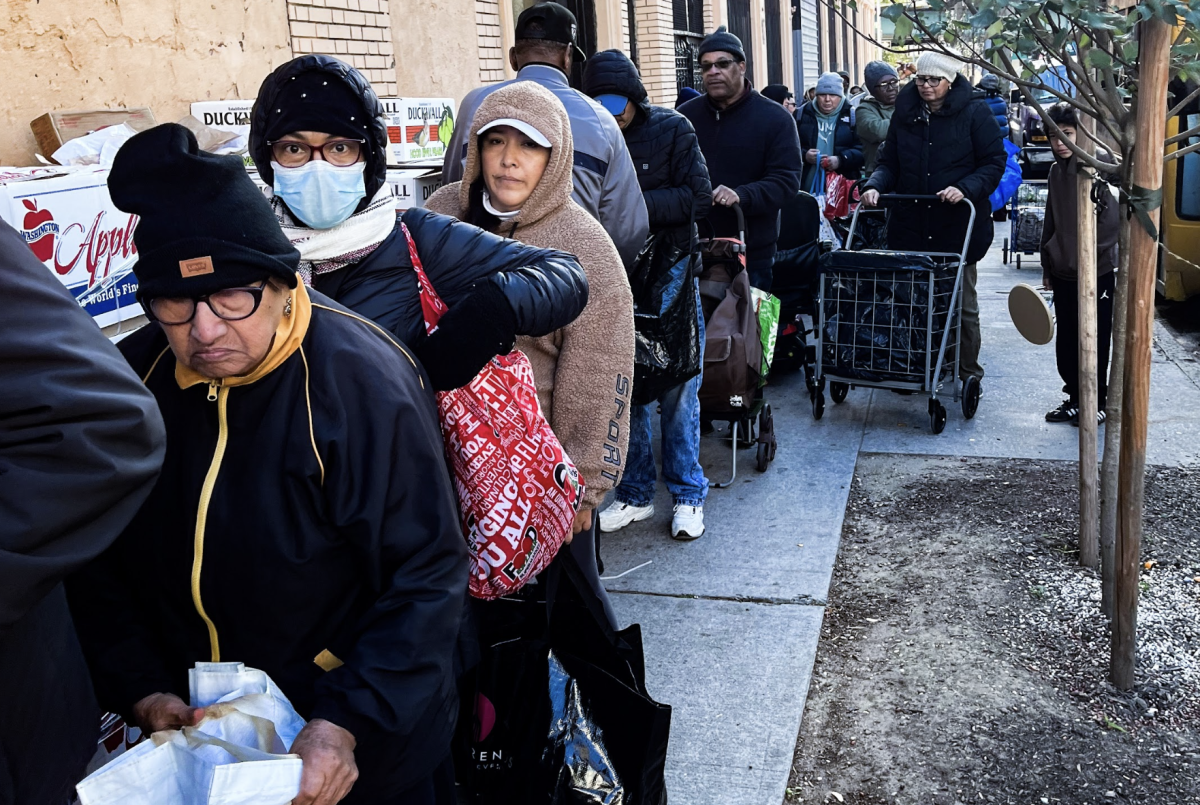By now, the old Greek life one-liners seem less witty and more cliche; “you shouldn’t have to buy friends” is not only inaccurate, but it’s also trite. With Primary Recruitment around the corner, it’s time to reflect on Loyola’s long history with Greek life, how far we’ve come and where we are.
Loyola is home to the first and oldest fraternity on a Jesuit university — The Beggars in 1923, which required a petition to the Vatican and paved the way for Greek organizations at Jesuit universities across the country. This gave rise to future Greek organizations, which gave back to Loyola — setting the precedent that Loyola Greek organizations are different than the stereotype.
Greek organizations have GPA requirements which encourage students to keep up their grades to the set standard of their sororities or fraternities. The average GPA of Loyola fraternity and sorority members is higher than the average of all undergraduate students at Loyola, according to Loyola Student Affairs.
In addition to academics, community and philanthropy are also important parts of Greek life, though they are often overlooked by the negative air surrounding sorority and fraternity organizations.
With the university itself lacking a service learning requirement, it can be difficult to get its students to be active in the community. Greek life not only encourages this, but requires it. There is a biannual Greek Day of Service as well as various fundraising activities throughout the year, where all Greek members are asked to participate in a communal act of charity in addition to each organization’s individual philanthropies.
Working on their respective philanthropies as well as a communal day of service, Greek organizations not only support Greek service but Loyola’s service endeavors as well, like Dance Marathon, which raises funds for the Children’s Miracle Network. The group that raised the most money of any club or organization on campus for Dance Marathon last year was a Panhellenic sorority — Gamma Phi Beta.
Greek organizations also react to natural disasters, like Alpha Phi Alpha who organized a tornado relief effort when an EF-3 tornado struck New Orleans East last semester, or when various Greek community members helped with clean-up after flooding in the Baton Rouge area last year.
With 57 percent of Loyola’s population made up of out-of-state students, Greek life here offers a new family for students to rely on and confide in — unlike many state schools where a majority of students are local or only a few hours away and may not need the same sense of community.
That being said, anyone who imagines Animal House when thinking about Greek life clearly hasn’t experienced it at Loyola. That’s not to say the fraternities and sororities are solely responsible for keeping themselves out of trouble: Loyola has strict policies that regulate Greek life, preventing much of the stereotypical behavior that the Greeks are typically criticized for before they could even happen. Rules like the no-hazing policy and no longer supporting off-campus housing for student organizations are at the center of this. The latter policy was under much scrutiny by Greeks, but after a fire burned down the now-inactive Alpha Delta Gamma chapter’s house in 2006, this didn’t look like such a bad idea.
Greek life still has work to do. There still are double standards amongst Greeks with ideas about how sorority members should behave compared to fraternity members. However, pinning these things onto Greeks is not entirely fair since we all need to make similar changes individually. Greek life at Loyola has come a long way and prospective students shouldn’t be discouraged from joining because they fear it will be anything like they see in movies.












